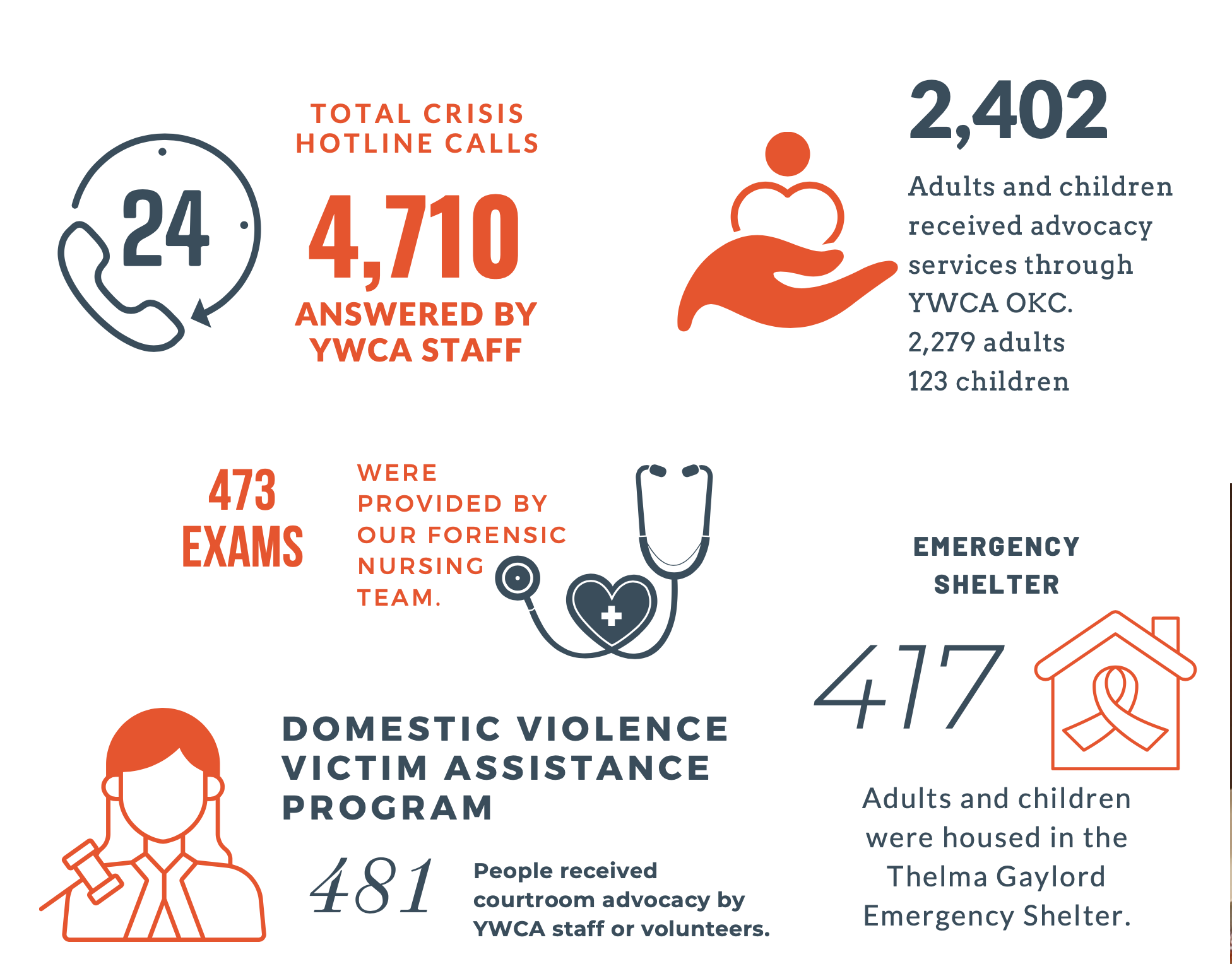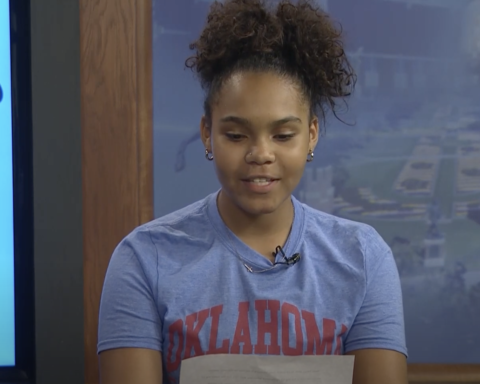By Thalia Henry, MacArthur High School
Oklahoma is known as one of the top-ranking states for domestic abuse and violence in the country. More than 27,000 abuse cases were reported in 2020, according to OklahomaWatch.org.
Although domestic abuse plays a role in numerous families in Oklahoma, many resources and organizations are available to help people overcome domestic abuse, such as the Oklahoma Coalition Against Domestic Abuse and Sexual Assault and the YWCA.
This is the story of one survivor who found resources that changed her life.
Lee, who asked that only her first name be used, is from Oklahoma City. For 10 years she has been volunteering for the coalition, which is a resource for service providers that advocates throughout Oklahoma. Her story explores domestic abuse, how she grew up around and lived it again as an adult.
“My father used to cheat on my mother when he would get mad,” Lee said. “Then he would, you know, get mad and hit her. Then he would go get flowers or candy or something to apologize. Of course, it worked every time.”
She grew up and found herself in similar circumstances as her mother.
“I got into my own lesbian relationship,” Lee said. “I thought she was a really nice girl. But then she would end up getting mad and hit and yell at me.”
According to the Centers for Diseases Control and Prevention, over the long term, children who are abused or neglected are also at increased risk for experiencing or committing future violence victimization and perpetration.
“I ended up in the same type of relationship as my mom and I did not see that coming,” she said.
Although domestic abuse is a factor in numerous families in Oklahoma, many resources are available to help overcome this violence.
One example is the YWCA Oklahoma City, which has a 24-hour emergency shelter for abuse survivors in the Oklahoma City area.
Anita Rydberg, the YWCA senior director of the domestic violence services, said the shelter is available for survivors “who are in what we call imminent danger.”
“We serve a third of the state’s population,” Rydberg said. “And we did open a new shelter a couple of years ago that almost tripled our capacity.”
Also, she said the YWCA has partnered with a local family justice center in Oklahoma City, and they provide of non-residential services as well.
Other services provided by the YWCA include a 16-week domestic violence education and support group, safety planning with victims and assessments for individuals so they are able to access services through a variety of entry points.
“We also have a court advocacy system,” Rydberg said. “So, people who are victims who are navigating the court systems, specifically, victim protective order courts. We provide support advocacy for those individuals, kind of navigating that system and those sets of systems where if they have to… testify against their abuser.”
The YWCA also has access to a family and children’s shelter called the Safe Life and Safe Watch Program. Rydberg said it is safe child care setting for children “while maybe their guardian is attending a court date or meeting with their advocate. So regardless of the services we provide, they’re all trauma informed.”
According to acesaware.org, trauma-informed care recognizes and responds to the signs, symptoms and risks of trauma to better support the health needs of patients who have experienced Adverse Childhood Experiences (ACEs) and toxic stress.
As for Lee, she had an opportunity to help, but first she had to allow herself to be helped.
“You have to help yourself before you can ever change someone else,” Lee said. “…You must be able to live your life on your own before being able to live it through or with someone else.”






